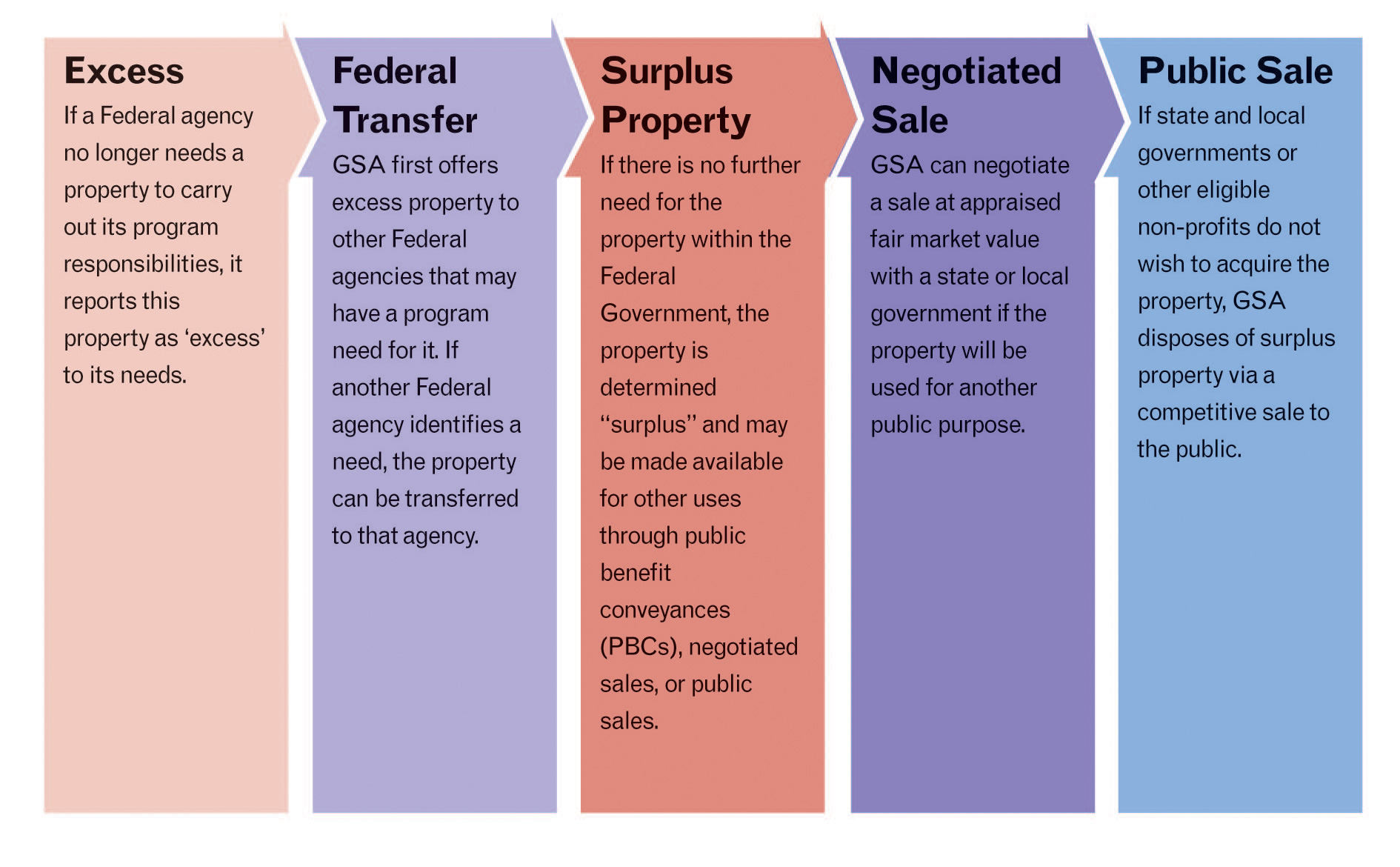Nowadays, more and more Chinese people, whether they have an American identity or not, have purchased properties in the United States, either for self-occupation or investment. So, what should be noted?
First, it is necessary to consider whether one is a U.S. tax resident or has a future immigration plan. Different identities lead to different tax rates for investments and different treatments for property disposals in the future. The general principle is that the tax burden of U.S. tax residents is smaller than that of non-U.S. tax residents. In addition to U.S. citizens and those with green card status automatically being U.S. tax residents, it should also be noted that those who meet the residence days in the United States will also become tax residents. That is, residing in the United States for no less than 183 days in the past year, or a cumulative weighted total of no less than 183 days in three years. The cumulative weighted algorithm is to multiply the number of days of stay in the current year by 1, the number of days of stay in the previous year by 1/3, and the number of days of stay in the year before last by 1/6. Non-U.S. tax residents only declare and pay taxes for income and expenditures within the United States.

Second, whether to hold the property in an individual’s name or in the name of a company. If it is mainly for self-occupation, holding the property in an individual’s name has relatively simple procedures, is not only easy to manage but also cost-saving. When selling the property in the future, U.S. tax residents enjoy a capital gains deduction of $250,000 for individuals and $500,000 for married couples. However, it should be noted that if there are debt disputes in the future when holding in an individual’s name, one may face unlimited personal liability and estate tax issues. Although the federal estate tax exemption for U.S. tax residents was $11.4 million in 2019, which is sufficient for most families, with rapid financial accumulation and for those holding several million-dollar or even more expensive mansions, estate planning issues still need to be considered in advance. It is worth noting that non-U.S. tax residents do not enjoy the tax preferential policies mentioned above. Even in the case of an unexpected death of a non-tax resident and the property in the United States becoming an estate, there is only an estate tax exemption of $60,000, and the heir must first pay a high estate tax before inheriting, which is an embarrassing situation. Therefore, holding the property in the name of a company has the benefits of avoiding risks, not pursuing personal assets, flexible distribution, and protecting personal privacy, etc. It is more suitable for non-U.S. tax residents investing in U.S. properties and professional real estate investors with a large number of properties. However, it is necessary to consult with professional lawyers and seek their assistance in the operation, and involve accountants in preparing financial statements. Therefore, the procedures will be more cumbersome and incur costs, and when selling the property, one enjoys a capital gains deduction of $250,000 for individuals and $500,000 for married couples.

Third, before selling the property, one can consider converting a rental property to a self-occupied property to achieve the purpose of tax savings. As mentioned earlier, the condition for enjoying the capital gains deduction policy is to have resided for a cumulative total of two years within the past five years before the sale. This clause can be repeatedly utilized, but it should be noted that it can only be used once every two years. For pure investment cases where it cannot be converted to a self-occupied property, there is a special 1031 property exchange clause in the U.S. tax law. This clause stipulates that when disposing of an investment property, as long as a new property source is locked within 45 days and the transaction is completed within six months, the capital gains of the original investment property can be deferred to the new property. This clause can be repeatedly utilized without any limit on the number of times.